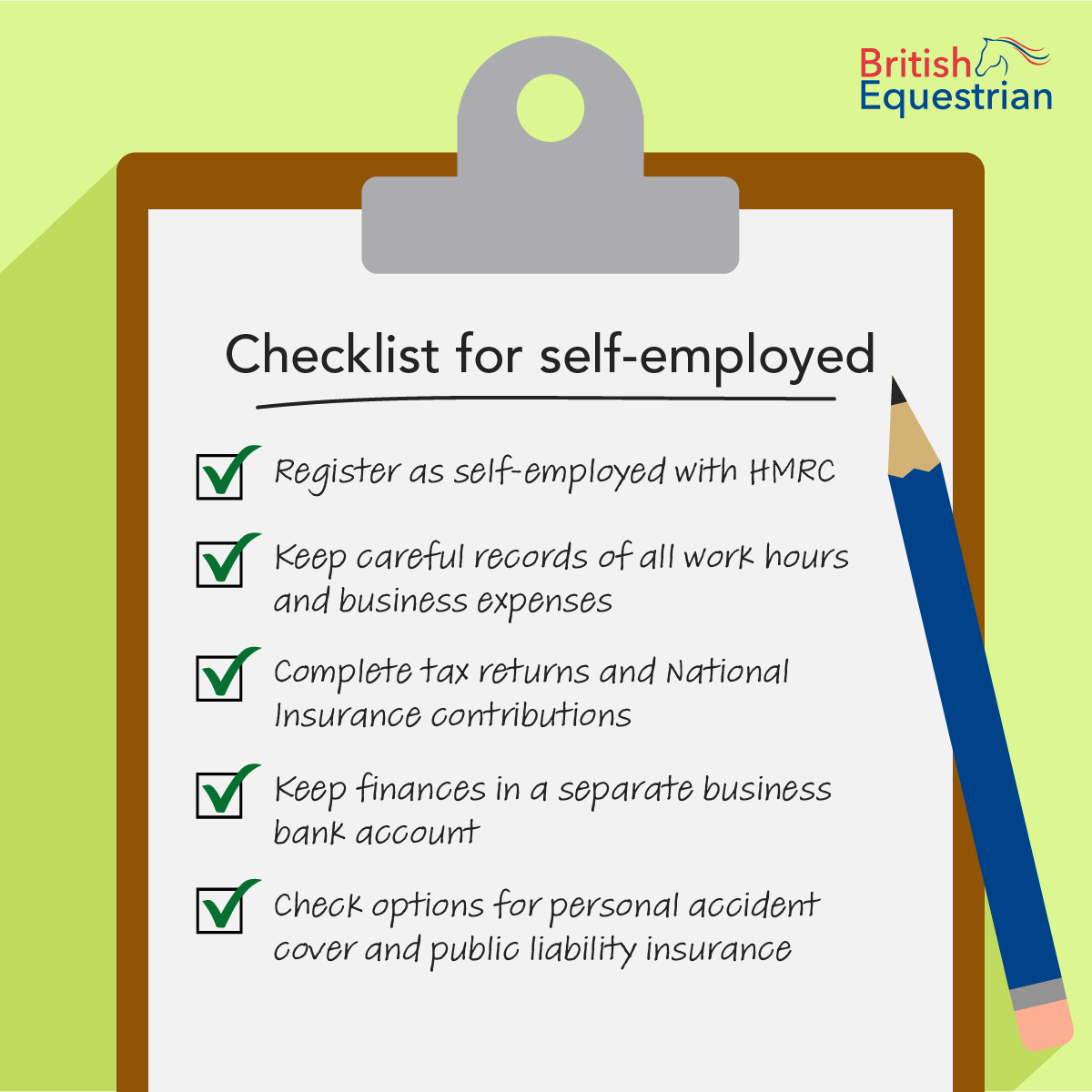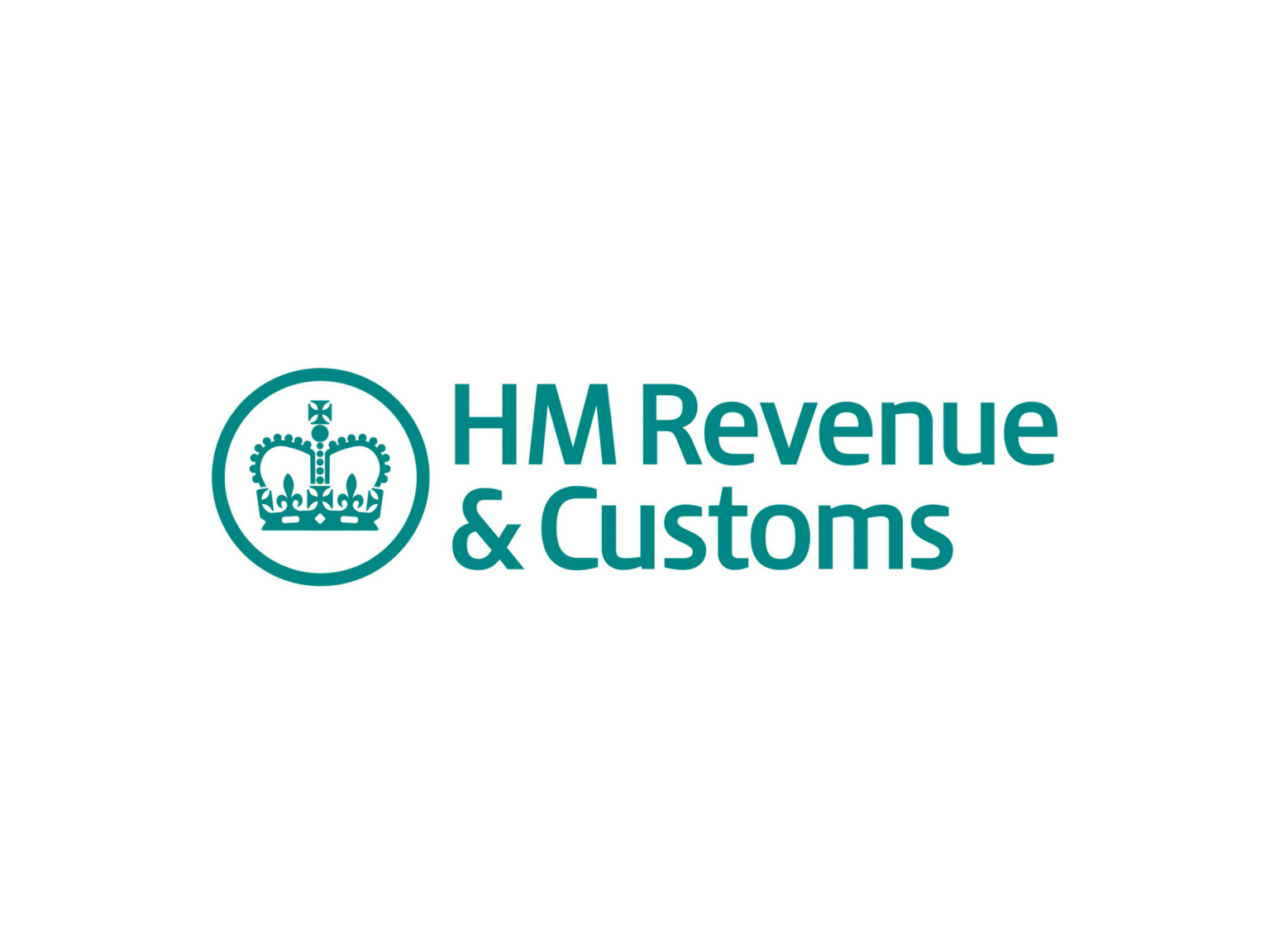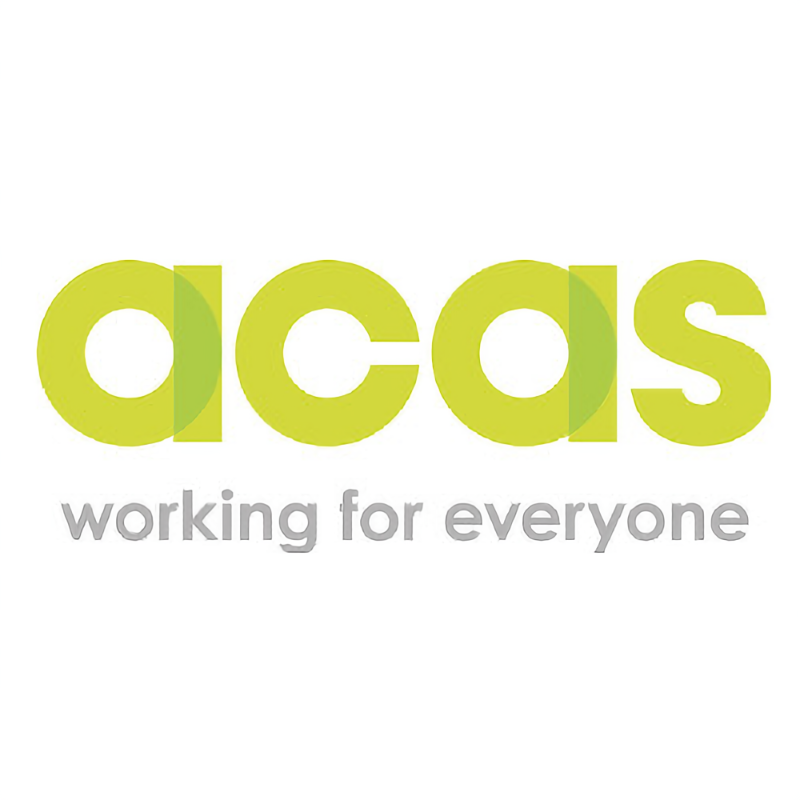Employment status and self-employed
Employment Status
Many people within the equestrian workforce will own and run their own businesses. However, it is also possible that you are working for someone and have been told you are self-employed. Your employment status is your legal status at work, and it affects what employment rights you have.
There are three main types of employment status: an employee, a worker or being self-employed.
Someone's employment status is based on:
- their employment contract or 'written statement of employment particulars'
- what was agreed when they were offered the job
- the way the organisation and the individual work together, in other words, the reality of how the relationship is managed.
What makes someone an employee?
Acas sets out a list to determine if someone is likely to be legally classed as an employee:
- they're required to work regularly unless they're on leave
- they can usually expect work to be consistently available
- they cannot unreasonably refuse to do the work
- they get paid holiday – they might also have additional contractual holiday entitlement
- they're subject to the employer's discipline and grievance procedures
- they need to give notice to their employer if they want to take maternity, paternity or adoption leave
- they cannot get someone else to do their job
- their employer decides how, when and where they do their work
- their employer provides the materials, tools and equipment for their work.
If most of these do not apply, someone is more likely to be a worker or self-employed.
What makes Someone Self-employed?
Someone is likely to be self-employed if they:
- can determine when, where and how their work is to be done
- can send someone else to do their work in their place
- are responsible for their own equipment, uniform, facilities
- send invoices for their fees instead of receiving a wage
- pay your own tax and National Insurance
- stand to lose profits if something goes wrong.
Setting up as self-employed
The government website provides a step-by-step guide to setting up as a sole trader.
Self-employed workers are not paid through PAYE, and they do not have the rights and responsibilities of an employee.
If someone:
- becomes self-employed, they must check if they need to set up a business
- stops being self-employed, they should tell HMRC.
Insurance
Check options for personal accident cover and public liability insurance.
Personal accident cover provides financial help if an injury prevents you from being able to do your job.
Public liability insurance covers the cost of compensation for incidents that occur in connection with your business activities. This can include personal injuries and loss of or damage to property.
When someone might not be genuinely self-employed
Someone may not be genuinely self-employed if their working relationship is more similar to an employee or worker.
People with 'worker' employment status have some employment rights, but not as many as employees.
What makes someone a worker
A ‘worker’ is someone who provides work or a service to someone, but not as part of running their own business.
Someone is likely to be legally classed as a worker if most of these things apply:
- their work for the organisation is more casual, for example work is less structured or they do not have a regular working pattern
- they're usually required to personally do the work
- they're not offered regular or guaranteed hours by the employer
- they have very little obligation to make themselves available for work, but should do work they've agreed to.
If most of these do not apply, someone is more likely to be an employee or self-employed. For more information see Acas.


